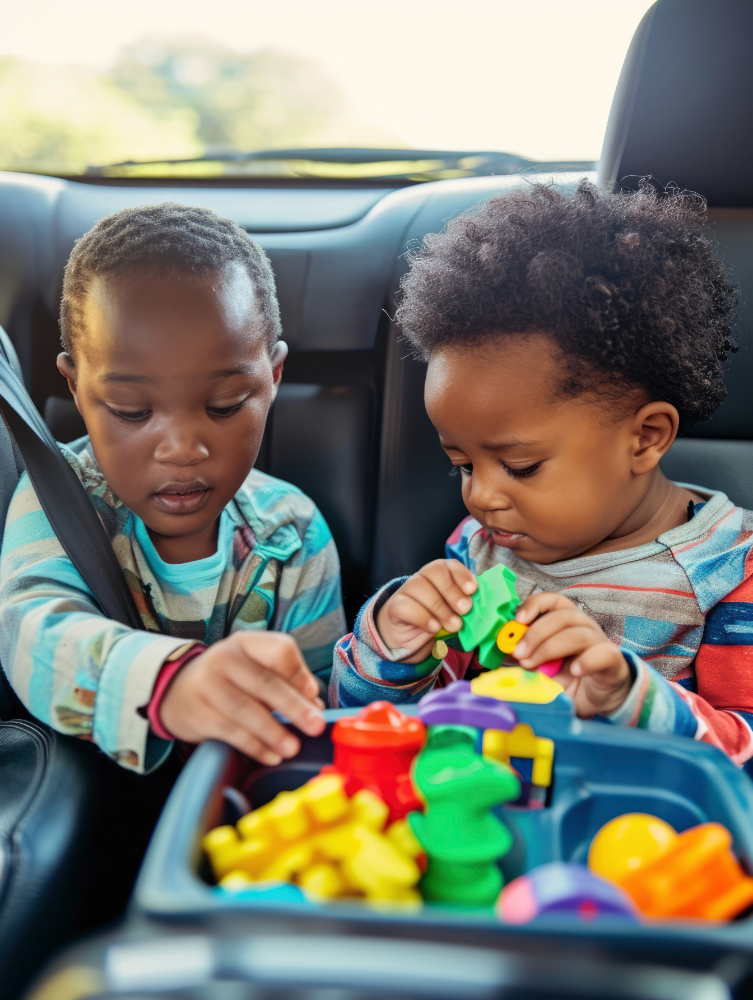
Alarming levels of hazardous chemicals have been found in children’s plastic toys sold across Kenya, according to a new study.
Researchers analysed PVC (Polyvinyl chloride) plastic toy samples from various Kenyan retailers, including plastic dolls, inflatable toys, teething toys, bath toys, squishy toys and wearable items like an inflatable Spiderman suit.
The
analysis was done by Kenyan non-profit Centre for Environment Justice and
Development (Cejad) and Arnika, a Czech environmental NGO.
They said that the chemicals pose a serious public health threat especially to children hence the need for the urgent and stricter regulations on toxic plastics.
In a statement, Griffins Ochieng, executive director of Cejad in Kenya, said: “Our children deserve safe toys without chemical threats to their healthy development, but our study shows that these toys made of poison plastics pose unacceptable harms that put our children’s future at risk. There must be swift action taken to protect our children and public health from plastics and the toxic chemicals plastics release into our homes and communities.”
The study identified PVC as one of the most widely used and most toxic plastics, often called a “poison plastic” for the known emissions of toxic chemicals from its production and through its use and disposal.
The toxic chemicals in PVC toys, including phthalates, UV stabilisers, chlorinated paraffins, heavy metals, and plasticisers. These substances are known or suspected endocrine disrupting chemicals (EDCs) linked to cancer, harm to children’s reproductive development and immune system functioning, liver and kidney health among other serious health concerns.
They further warned that all the toxic chemicals found in the testing are particularly concerning as they can migrate from plastics, leach into the environment and expose children who play with the toys. They could also exacerbate the triple planetary crisis—climate change, biodiversity loss, and chemical pollution if the production, use and disposal of hazardous PVC plastic toys continue.
They
have called on the government and other stakeholders to introduce mandatory
restrictions on PVC and strengthen safety standards which will ensure the use
of PVC plastics in sensitive consumer products are restricted.
They also called for clear labelling of chemicals in toys and plastics and also promote safe manufacturing and alternative materials among other recommendations.
The study underscores the urgent need for Kenya to implement stricter regulations on hazardous chemicals in toys and participate actively in global environmental agreements to address this problem.
“Protecting children from toxic exposure must be a top priority, ensuring safer consumer products and a healthier environment for future generations,” Cejad said.










